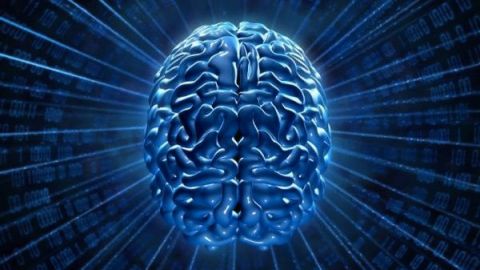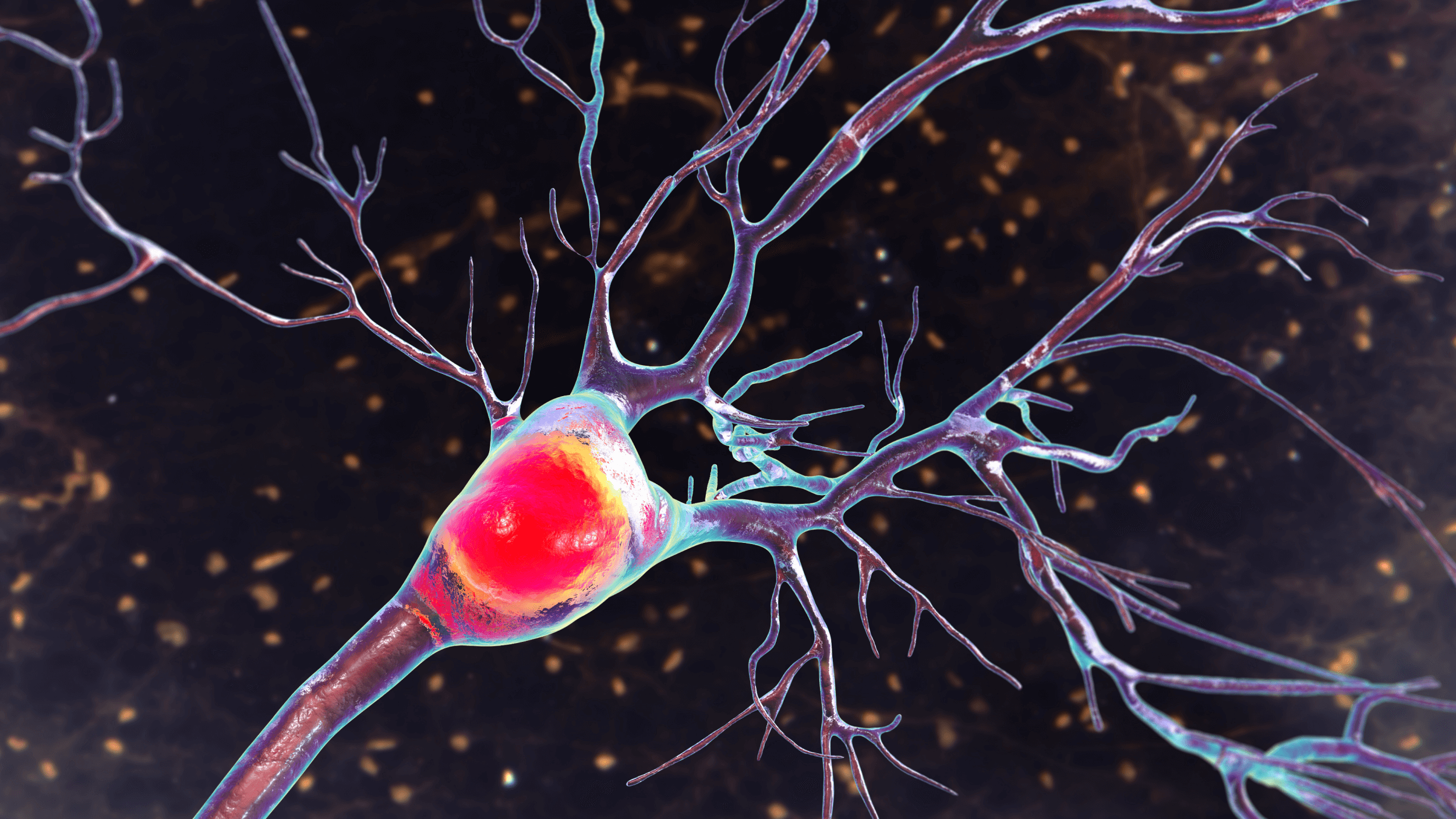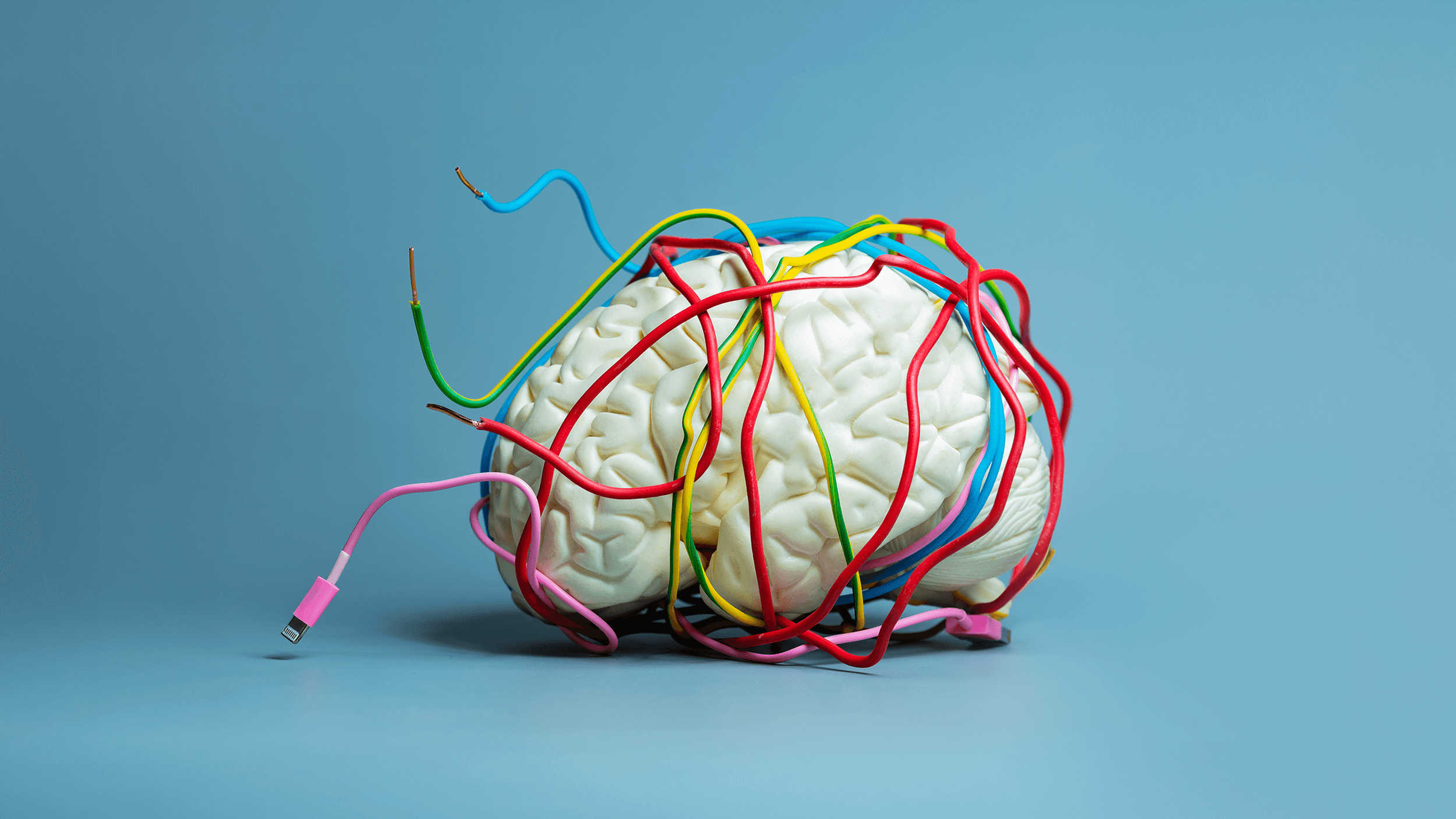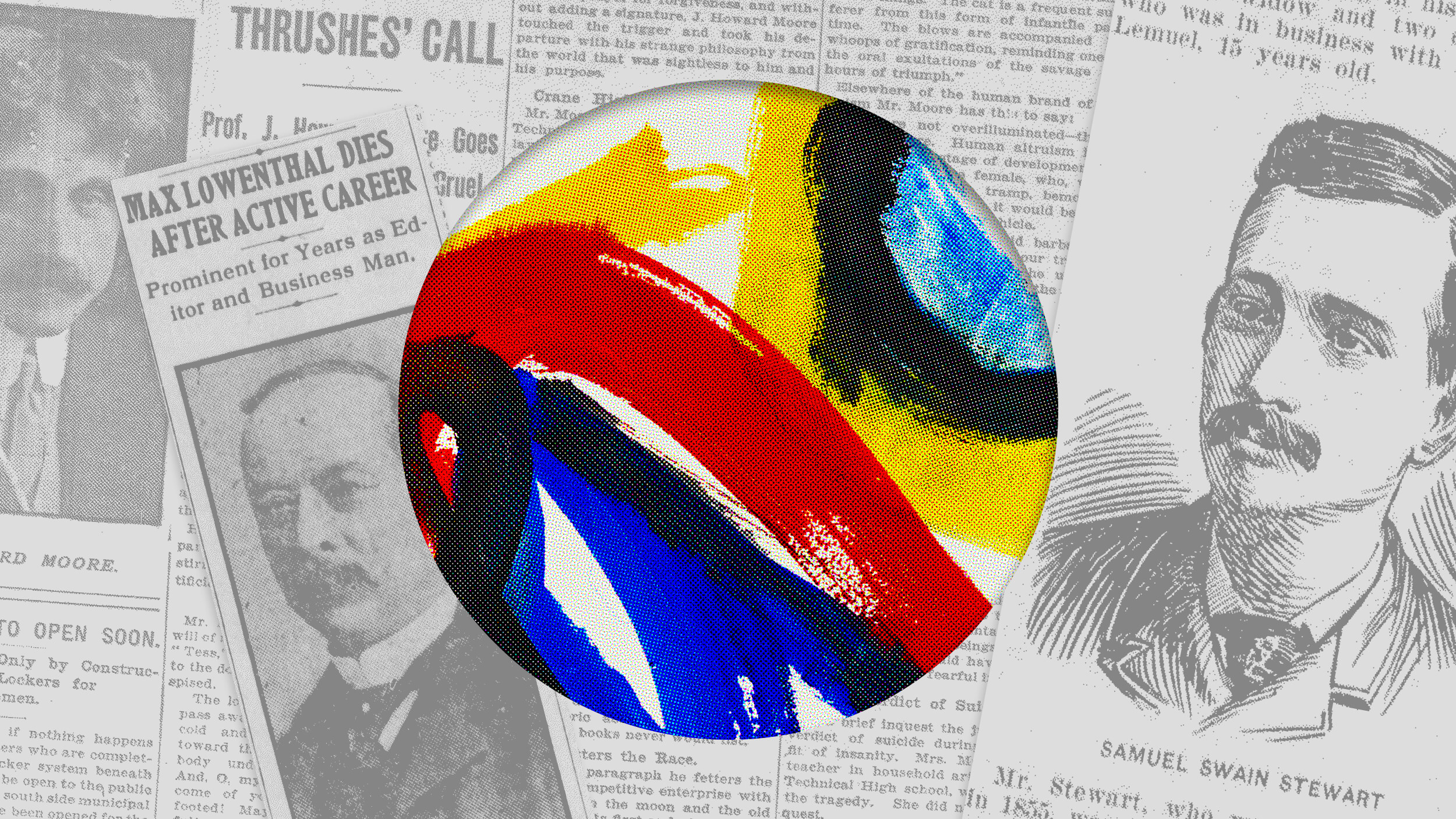How Modern Life Affects the Brain

Now that the Internet and the devices through which we connect to it have made ever-increasing amounts of information available to us all the time, scientists and social philosophers have begun to wonder whether our neural pathways can sustain the panoply of distractions that this information glut has produced.
One focus of their research has been on the way computer technology is taking over information storage for the brain. In a sense, by relying more and more on the archiving power of Google and the constant orientation of GPS, we have begun “freeing up” the brain by depending on easily accessed technology to keep track of our memories, communications, thoughts and other information.
“I think increasingly we do think of [technology] that way, as a very helpful extension of our brain—really of our brain power, of our memory capacity,” says William Powers, who has chronicled information technology since the 1990s. “We can offload a lot of burdens onto technology now and not have to carry around so much information ourselves.” But as we offload these functions, we become more and more dependent on the technology, he says: “There is this sense that you do have to be carrying, literally, the hard drive around with you all the time.” This makes one “accessible to all these distractions and all these tasks that can come at you all through the day,” he says.
Powers says the issue isn’t that technology is sapping brain power—rather it’s that we’re not curating our own cerebral hard drive to reduce the desire to be constantly connected. “If I’m also walking around all day just at the beck and call of that little screen in my pocket, I’m not following through on this fantastic ability I have to be less burdened by the age of information,” he says.
Instead, the brain requires a “crucial framework of facts and experiences and learning really permanently stored” to make the associations and be open to its full potential of creativity, he says. “If they’re living somewhere else you can’t make those creative associations that are uniquely human.”
Another focus of attention for scientists and social philosophers is how the techno-connected are ceding the ability to direct and hold attention to a topic. Gary Small, a professor of psychiatry and biobehavioral sciences at UCLA, says he sees modern habits breaching the boundaries of what we think of as multitasking into a condition called “partial continuous attention.”
“Here we’re not just doing two or three tasks at the same time, we’re scanning the environment for new information at any point,” says Small. “This is a process that I think is becoming very popular now that we have all these new electronic communication gadgets, cell phones, PDAs, computers, the Internet.” He says that multitasking is making us faster, but sloppier.
Simply put, nothing can firmly hold our attention when there exists the constant possibility that the next stimulus is more interesting, more engaging, more rewarding. “They’re waiting for a little ding or a little sound or a new message that might be more interesting and exciting than whatever mental activity they’re engaged in at that time,” Small says.
The result is a kind of cognitive philandering, and it seems to be getting worse as demand for more ever more options competing for our attention. A Nielsen report from the first quarter of 2010 found that 59% of Americans surf the Internet and watch TV at the same time in the course of a month, a statistic that has been increasing in each successive study.
Constantly scanning the environment, interrupting activities, or shuffling among many leads to stress, says Small. “We know from other studies that chronic stress is not good for the brain,” he says. Animals under stress have been shown to have smaller memory cells in their hippocampus. As well, he says, “Human volunteers injected with stress hormones like cortisol have temporary impairment in learning and recall.” Why do we do this? “It’s hard to resist,” says Small, “probably our dopamine circuits that are involved in reward systems drive it because we want that exciting new bit of information, but we have to be aware of it and try to manage it better.”
The solution to our strained attention might be as simple as taking a walk. A 2008 study published in Psychological Science sought to test if attention can be restored and cognitive process heightened better in nature or in an urban setting. Nature won out as supporting the ability to direct and hold attention. As the paper says, “Nature, which is filled with intriguing stimuli, modestly grabs attention in a bottom-up fashion, allowing top-down directed-attention abilities a chance to replenish. Unlike natural environments, urban environments are filled with stimulation that captures attention dramatically and additionally requires directed attention (e.g., to avoid being hit by a car), making them less restorative.”
Takeaway
Modern life, from new information technology to how and where we live, offers a host of new stimuli that compete in the brain for attention. The cost of this has been to our ability to maintain sustained, deep attention, and likely creates a chronic stress on the brain. Over time, this stress reduces our cognitive abilities and damages memory cells.
More Resources
— Nielson Three Screen Report, Q1 2010
— Berman, M., et al. “The Cognitive Benefits of Interacting With Nature“





